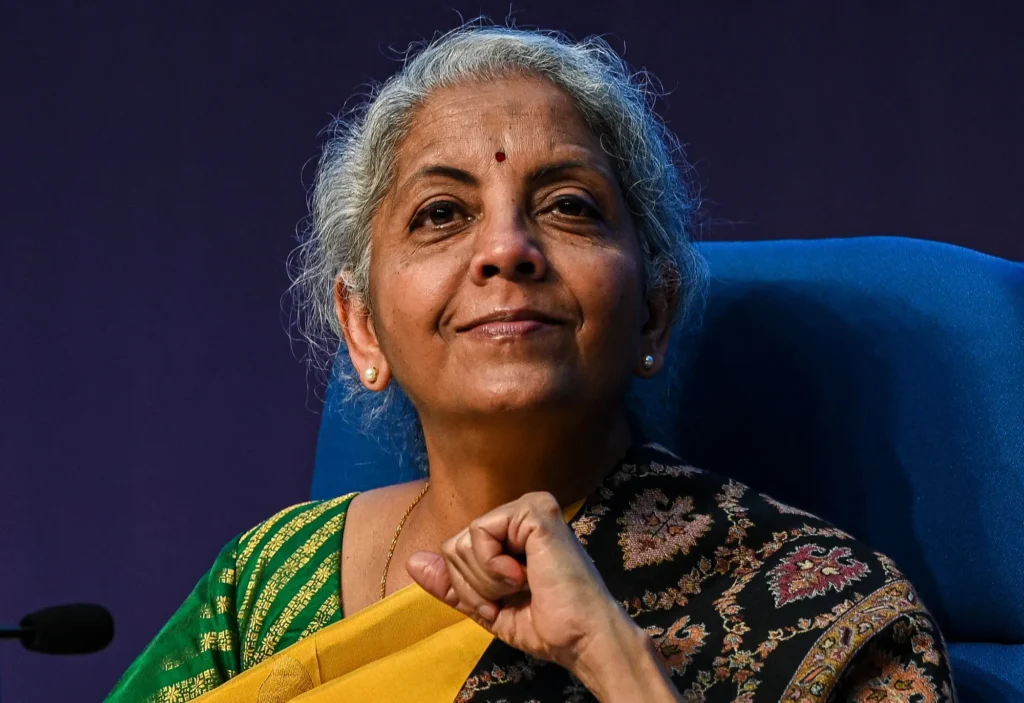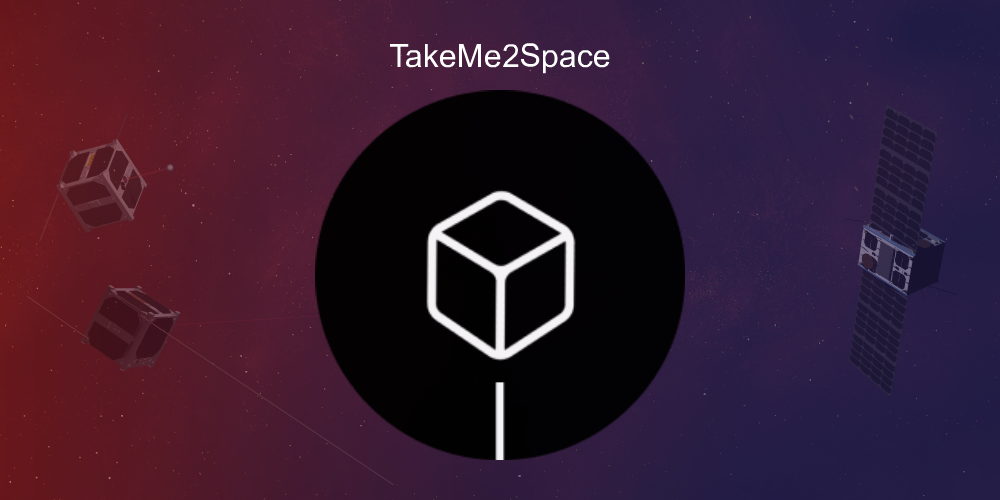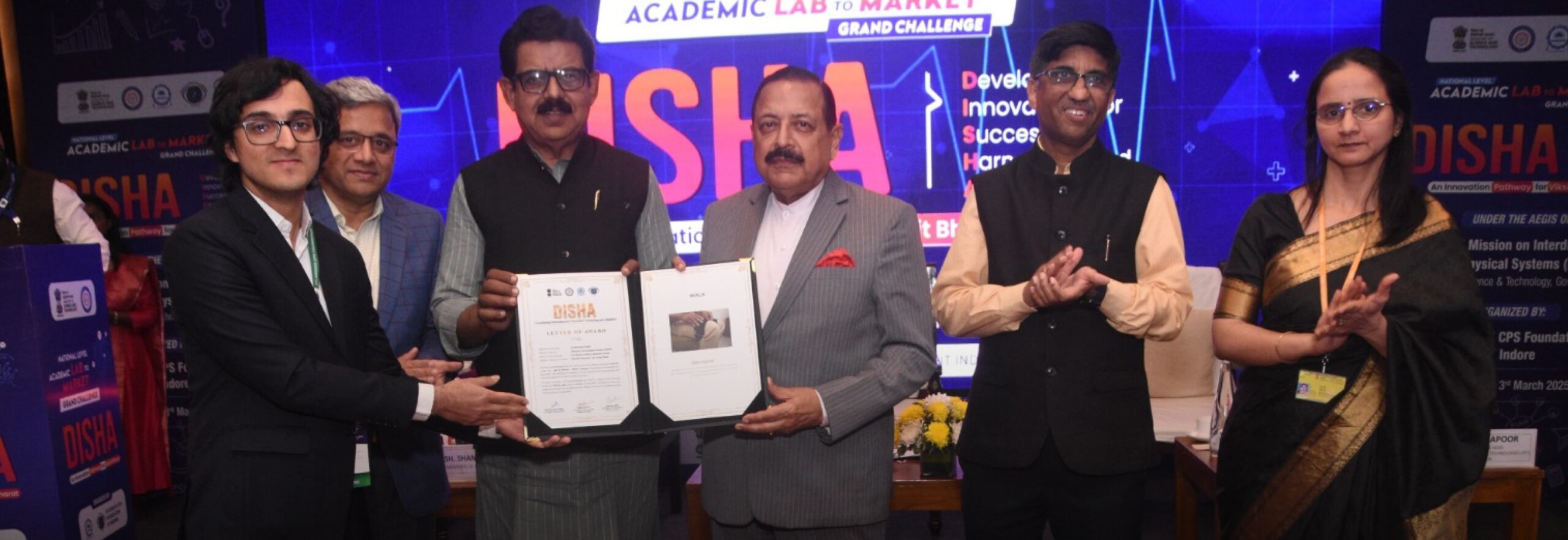
Overview
- India ranks 4th in AI development, behind the US, China, and the UK in this AI boom.
- 4,800+ deep-tech startups, with 40% emerging from Tier II & III cities, showing decentralization.
- $500 million invested in AI startups in 2023, with government funding ₹2,000 crore for tech startups .
- 15% of the global AI workforce is Indian, yet India lacks a homegrown foundational AI model.
Artificial Intelligence has become the new battleground for technological supremacy, with nations pouring billions into research and development to stay ahead. The United States has long been the undisputed leader in AI, but China has been making rapid strides, narrowing the gap with strategic investments and groundbreaking innovations. One of its latest achievements, DeepSeek, has set a new standard by drastically reducing the cost of developing generative AI applications. While countries like the US and China continue to push boundaries, India struggles to keep pace. Despite its enormous talent pool and a thriving startup ecosystem, the country still lacks a homegrown foundational AI model—the kind that powers advanced chatbots and AI-driven systems.
According to the Stanford Institute for Human-Centered AI, India currently ranks fourth in AI development, behind the US, China, and the UK. While this suggests that India is making progress, the reality is that the gap between India and the leading nations is only growing wider. China and the US have spent years developing AI for applications ranging from military and surveillance to healthcare and automation. Their sustained investment in research, academia, and infrastructure has given them a four-to-five-year head start, a gap that India might find difficult to bridge; so, does it mean India would be left behind in this AI boom?
Expert's Opininon
Experts argue that India’s AI struggle is not just about funding or infrastructure; it’s also about the mindset toward innovation;
One of the most vocal critics of India’s AI progress is Nithin Kamath, CEO of Zerodha, who believes that the country suffers from a “Jugaad mentality”—a tendency to rely on short-term solutions rather than investing in long-term research and development.
While this frugal, quick-fix approach has historically helped India’s businesses survive and adapt, it is not well-suited for an industry like AI, which demands years of sustained investment, world-class research, and cutting-edge infrastructure. Kamath argues that India’s approach to business, governance, and regulation often prioritizes short-term gains over building a strong, research-driven ecosystem, causing the country to lag behind in critical areas of AI advancement.
Another major roadblock is the lack of high-quality, India-specific data. AI models thrive on large volumes of well-organized, structured data, but India still lacks comprehensive datasets in regional languages like Hindi, Marathi, and Tamil.
This is a significant limitation in a country as linguistically diverse as India. Without properly labeled and curated datasets, even the most advanced AI models struggle to understand and cater to the needs of India’s vast and varied population.

Beyond data limitations, India’s AI infrastructure remains underdeveloped compared to global leaders. High-performance computing is essential for training large AI models, but India has only recently begun investing in the kind of infrastructure necessary to support next-generation AI research.
Unlike China, which has heavily funded AI for applications in military, surveillance, and law enforcement, India is still playing catch-up in terms of both policy and technological capabilities
Startup Landscape In India
Despite these challenges The country’s startup ecosystem has grown at an unprecedented rate, with over 300,000 startups and 113 unicorns making their mark across various industries.
These startups are driving innovation in fintech, e-commerce, healthcare, and deep tech, creating solutions that are uniquely tailored to India’s needs. By 2023, these startups had generated 1.2 million jobs, proving that India’s entrepreneurial spirit remains strong. – and with 15% of the world’s AI workers coming from the country India punches far above its weight on talent

As of April 2024, India is home to over 4,800 deep-tech startups, a number that is steadily rising. Investor confidence in these ventures is growing, with $500 million in funding flowing into the deep-tech sector in 2023 alone, a figure expected to climb in the coming years. The surge is fueled by a clear shift—AI is no longer a tool for back-end optimization; it is becoming the foundation of next-generation businesses.
From fintech and agritech to healthcare and edtech, startups are embedding AI at their core, unlocking new levels of efficiency, personalization, and scalability.
With AI cementing itself as a game-changer, venture capital firms are doubling down on AI investments. No longer seen as just an enhancement, AI-first businesses are now attracting the lion’s share of funding. Investors recognize that AI’s applications are expanding beyond enterprise tech, with startups in gaming, astrology, content creation, and healthcare creating AI-driven products that cater directly to consumers.
According to Naman Lahoty, Partner at Stellaris Venture Partners, most startup pitches today revolve around AI-led business models. What is particularly exciting, he notes, is the rise of AI-native companies that are building highly personalized, scalable solutions in local languages at affordable prices. This marks a significant shift from AI being an operational tool to AI being the core value proposition of businesses.
What is the future trend of AI-powered innovation in India?
As AI adoption scales across sectors, India is not just keeping pace with global AI advancements—it is actively shaping the future of AI-powered innovation. A recent SAP India-Dun & Bradstreet study highlights a striking development— According to the findings, over 77% of start-ups invest in advanced technologies such as Artificial Intelligence (AI), ML, IoT, and blockchain while major hubs like Bengaluru, Mumbai, and Delhi continue to dominate the startup scene, 40% of India’s deep-tech startups now originate from Tier II and III cities.
This shift underscores two major factors driving India’s AI revolution:
- Cost-Effectiveness – Operating outside major metros significantly reduces expenses, enabling startups to scale faster while maintaining lean operations.
- Local Talent Pool – With digital penetration on the rise, startups are tapping into emerging tech talent in smaller cities, fostering homegrown innovation.
This decentralized expansion signals a structural shift in India’s startup ecosystem, one where innovation is no longer confined to metropolitan hubs. Today As AI adoption accelerates, startups are leveraging it to automate supply chains, personalize consumer experiences, revolutionize healthcare, and redefine customer interactions.
Zomato Food Delivery App: Integrates AI for better Customer Service
One such recent advancement comes from Gurgaon-based startup Zomato, a food delivery app. that has once again made headlines—this time not just for its quirky memes but for its cutting-edge AI-powered customer support system, Nugget. Zomato has introduced Nugget, an AI-powered customer support platform designed to automate and enhance customer service.
Unlike conventional support systems that rely heavily on manual intervention, Nugget is a no-code solution, allowing businesses to integrate AI-driven customer interactions effortlessly—without requiring a development team.
CEO Deepinder Goyal, in a post on X, revealed that Nugget had been in internal use at Zomato for over three years before its official launch. The platform has already demonstrated impressive capabilities, handling over 15 million customer interactions per month across Zomato, Blinkit, and Hyperpure, with an 80% query resolution rate.
More importantly, Nugget is just the beginning. It is the first major innovation from Zomato Labs, the company’s in-house incubator dedicated to AI-driven product development. With Zomato recently rebranding as Eternal Ltd., the company is signaling a broader vision—one that extends beyond food delivery and into AI-driven business solutions.
Government's Big AI Push: Investments and Vision

Recognizing AI’s transformative potential, the Indian government has begun ramping up its efforts the AI for India 2030 Advisory Council has stressed that artificial intelligence could be a game-changer in sectors like healthcare, education, smart cities, and agriculture. According to S. Krishnan, Secretary of the Ministry of Electronics and IT, India can build a trillion-dollar digital economy by 2025.
However, this will require collaborative efforts from startups, industry leaders, and policymakers; the Indian government is making bold financial and policy commitments. This year’s Union Budget 2025-26 arrived with heightened anticipation, especially after China’s DeepSeek model showcased the immense possibilities of foundational AI.
India responded decisively—Finance Minister Nirmala Sitharaman allocated ₹2,000 crore to the IndiaAI mission, a key initiative for developing homegrown AI models.
This is part of a broader ₹10,370 crore investment, including acquiring 19,000 GPUs to establish high-performance AI data centers.

Alongside funding, the government is laying the groundwork for a sustainable AI ecosystem:
- A Centre of Excellence (CoE) in AI for Education will be launched with an investment of ₹500 crore, fostering AI-driven learning solutions to create a future-ready workforce.
- The startup incorporation period has been extended by five years, ensuring that more AI-driven businesses can qualify for government incentives, tax benefits, and growth opportunities.
Conclusion
India’s AI ecosystem has undoubtedly witnessed remarkable innovations, from homegrown startups pushing boundaries to established enterprises integrating AI into their operations. The nation has a strong talent base and a growing appetite for AI-driven solutions. However, to compete with global leaders like the US and China, India must move beyond scattered efforts and short-term fixes.
The biggest challenge is the need for greater capital investment, robust AI infrastructure, and high-quality datasets, particularly in regional languages. Without addressing these gaps, India risks remaining a consumer of AI rather than an innovator. The government’s recent AI initiatives are promising, but they must translate into action through policy-driven incentives, public-private partnerships, and global collaboration.
With its rich talent pool and thriving startup ecosystem, India has the potential to become an AI powerhouse. However, the next decade will determine whether the country can shift from playing catch-up to leading the AI revolution. The time is to act now.













